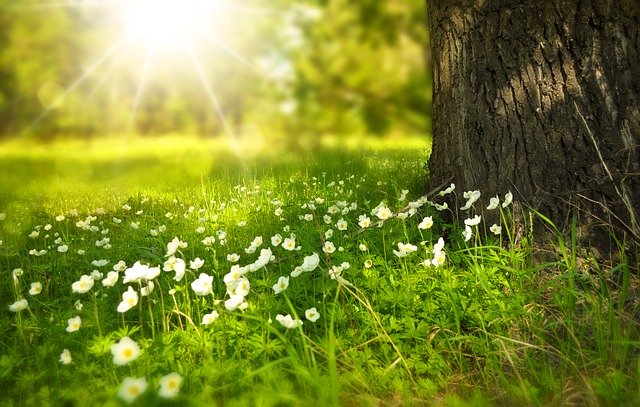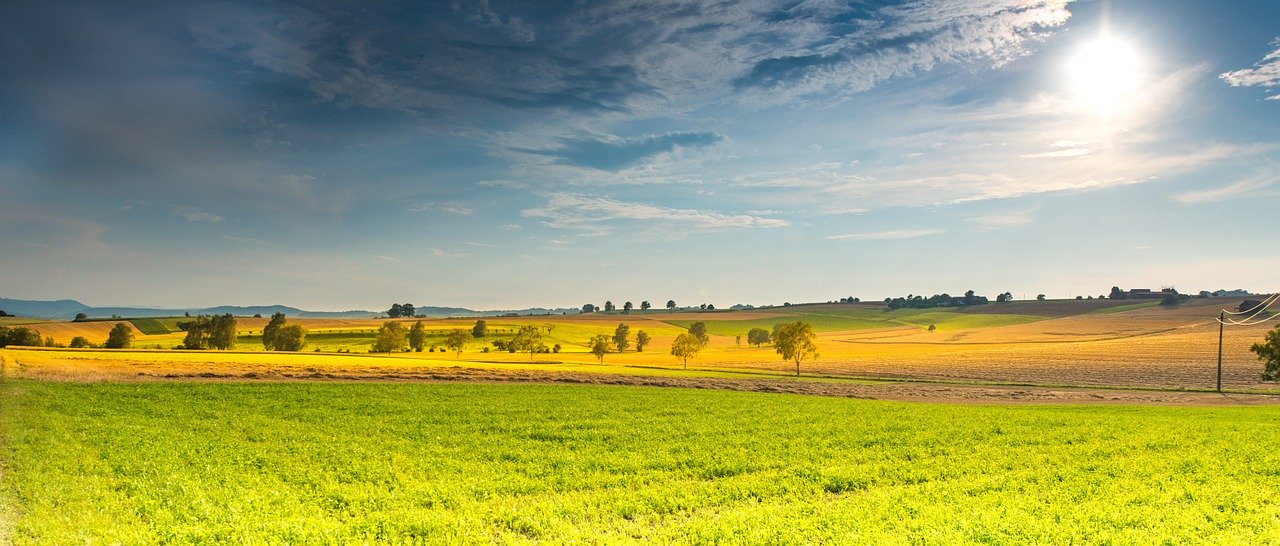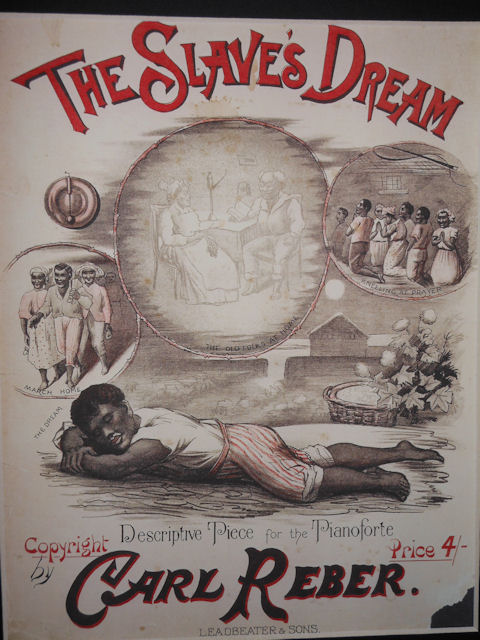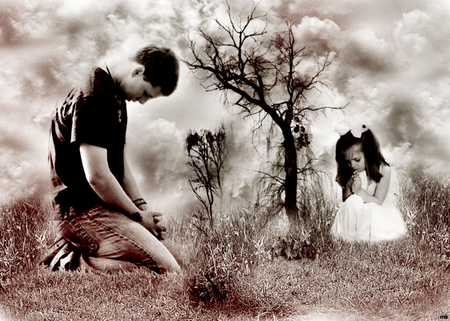A Psalm of Life, a lyric of religious emotion was published in October of 1838. This poem is taken from Henry Wadsworth Longfellow’s first volume of poems. A ‘psalm’ is a sacred song, an invocation to mankind to follow the path of righteousness. A Psalm of Life is a blow to the pessimistic attitude of taking life lightly. The poet encourages his readers not to waste life, that life is short and is going to end soon. The poem highlights the views of the poet about how to live life and that there is only one life and therefore, we should make a good use of it.
The poem consists of nine stanzas, each containing four lines. The poet begins the poem by asking us not to tell him in sorrowful verses that life is an empty, meaningless dream. According to Longfellow, a person who spends his sleeping is already dead. Such a worthless life misguides other human beings. Finally, irresponsibility does not reflect the true human nature.
The second stanza begins with two phrases, ‘Life is real! Life is earnest!’ The poet uses an encouraging tone to say that life is real and serious. Life should not be treated lightly. Moreover, the poet says that death is not the ultimate goal; life does not end with death. “Dust thou art, to dust returnest” is not applicable to the soul, this quotation is applicable only to the body.
The third stanza of A Psalm of Life is about the way of living. The poet tells us that our way of leaving should be only based on enjoyment or mourning. The aim of life is to act wisely each day so that we can make a better future.
Stanza four is about the work assigned to us and about the time which is flying. “Art is long, and Time is fleeting” means that the work given to us is too long and time-consuming. The poet encourages that under such situations, our hearts still remain stout and brave and are beating funeral marches to the grave, like the drums covered with cloth. The message that the poet wants to convey through this stanza is that one should lose courage under any circumstance.
In the fifth stanza, the poet compares the world to a battlefield as well as a temporary camp for troops. The humans are compared with troops. He asks all the people to live and fight their battles within the given period of time. The poet asks us not to be like the dumb cattle which is driven by others, because of its lack of direction and determination.
The poet asks us not to trust on the future even if it seems pleasant in the sixth stanza of A Psalm of Life. The past incidents must be forgotten away. The aim in life should be to act courageously at present and not to lose faith in God.
Lives of great men remind us that we can make our own lives noble and elevated that is we can reach great heights. Finally when we die, we can leave behind us our footprints (noble deeds) for others to follow our path.
The noble deeds which we leave behind should be such that an unhappy and shipwrecked man, sailing over the sea of life, would be confident and take courage, following our example.
In the final stanza of A Psalm of Life, the poet asks us to begin at once with courage without thinking about the consequences of the actions. He asks us to achieve our aim and learn to work hard and wait patiently for rewards.
About The Poet: H.W Longfellow (February 27, 1807- March 24, 1882) was an American poet and educator. He taught at Bowdoin College and Harvard University. After retiring from Harvard University, he devoted himself completely to writing. His best-known poems are Songs of Hiawatha, Evangeline, Hesperus, Excelsior and A Psalm of Life.
You can also take a look at this Detailed Video Playlist containing the Summary, Analysis and Much more from the Poem:
Some online learning platforms provide certifications, while others are designed to simply grow your skills in your personal and professional life. Including Masterclass and Coursera, here are our recommendations for the best online learning platforms you can sign up for today.
The 7 Best Online Learning Platforms of 2022
- Best Overall: Coursera
- Best for Niche Topics: Udemy
- Best for Creative Fields: Skillshare
- Best for Celebrity Lessons: MasterClass
- Best for STEM: EdX
- Best for Career Building: Udacity
- Best for Data Learning: Pluralsight

















hye .. what does dust thou are, to dust thou return-est mean ? does it mean you r made of dust so you shall return to dust /?? is that right ?
yes… It is a biblical allusion of Adam and Eve…. the body which is made of dust perishes into dust….
yesss
yes……but it means that we have taken birth from dust and after dying we wil aso go to dust……that what the line exactly means….
thanks very much i t helped me a lot
yes
Omg this helped me so much thanks
opens up a new realm, of life.
plzzz.. tell me that shll v write 2 the point answers in reference 2 context questions 2 score good marks
no single wayed answer
The notes were to the point for easy comprehension. . Well worded
mind blowing
i liked it very much. i had a project on this poem and i wanted to know more about the poem and this has helped me so much. thank you
Its a good explanation which is given here it’s help me a lot??????………
Stanza 4 ERROR.
You’ve written that-
One SHOULD lose courage under any circumstance.
Thanks! This helped me a lot.
It’s very very very very very useful……
i think in the third stanza, it should be – ” way of leaving should not be only based on enjoyment or mourning” instead of ” way of leaving should be only based on enjoyment or mourning” right. please reply, im not sure.
True… There are a few errors in the explanation.
It was really of great help …thanx alot… Tmrrow is my exam and I didn’t knew what to write in the answer sheet if ques comes from this vary poem……but now it’s a great relief……. Thank u so much…..
I was really vry.. Helpful.. Thanx a lot.. 🙂 🙂
very good notes and very useful
thanks for the summary
I love to read stories which are moralistic and interesting
Woah… The explanation for stanza four is slightlty off track…
It talks about how short our lives are.
helped me a lot in my exams.but your explanations r very brief
what do u mean by dust thou art to dust thou returnest
Hey Trisha ,
Thank you for taking the effort to provide us with the a summary that is to the point and crystal clear. There is a also a certain poetic flow to all your summaries. It seems you have already left your footprints on the sands of time which we can follow. Thank you
A grateful student
crazy notes dude,it was mind blowin
Quite helpful!! As today is my board exam 😉 a
nice
nice site
Yes this poem is so good. It is didatic , moralistic , spiritual and normative. It cut across all areas of our lives. And its advice to us is to take life seriously. Make good use of our time and skill. Lay good steps for others. I think the major theme of this poem is THE TRUTH ABOUT LIFE .
Could you please fix the typos. Also there are some incorrect explanations.
What does the word ‘PLASM’ mean?(according to the poem)
xliei levitra 20 mg oexclaimedy levitra 20 mg price
Thanks for good explanation…